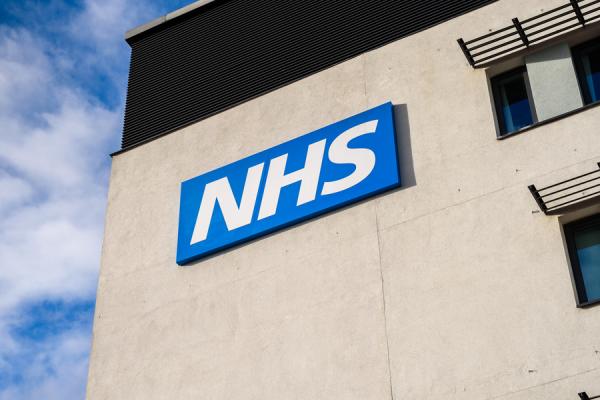What happens when you are referred by your GP to see a Consultant Privately?
This article describes what you can expect to happen if you ask your GP to refer you to see a Consultant privately.
What happens next?
You should contact the Consultants team directly to organise an appointment. If you have private health insurance, your insurer may have a list of approved specialists. You may want to check with your insurer before you proceed.
The specialist may request information from your GP. If this is the case, please contact your GP to ask them to write a referral letter and send it to the Consultant that you have specified. This will include any relevant medical details about you. If an insurance company wishes for a specific form to be completed, then your GP will have to charge for providing this additional work.
Seeing the Consultant:
What happens if you need a test or procedure?
If the Consultant thinks that you need any tests (including blood tests), or a surgical procedure, the Consultant is responsible for:
- arranging the test and any medications (such as sedation) that might be needed for this. They should also explain how and when you will receive a date of any procedure and what to do if the date is not suitable for you.
- giving you the results and explaining what they mean (this may be done in a separate appointment with the Consultant or by letter). You should not visit your GP surgery to discuss the results of tests organised by others, it is the Consultants responsibility to discuss this with you.
Please note that any tests required should be carried out privately. This may mean you need to travel to where you saw your Consultant.
The cost of these tests should be paid for within the private sector, which may increase the costs you incur.
GP practices cannot perform blood tests or other private investigations using NHS resources. Doing so would inappropriately use NHS resources to carry out private activity. If a private Consultant informs you to arrange or to expect to hear from your NHS GP to arrange such tests, then this is incorrect. You should, at the time, remind the consultant that all tests need to be carried out privately. Avoiding inappropriate requests for your NHS GP to carry out tests will:
- Avoid delay in having your tests
- Ensure that the right person (your Consultant) gets the results directly
- Avoid delays in your Consultant reviewing your results and planning and required follow up
What happens if you need new medicines?
The Consultant might suggest prescribing new medicines for you or might want to make changes to the medicines that you are already taking.
The Consultant is responsible for giving you the first prescription for any new medicine that you need to start taking straightaway.
- Your GP practice will only be able to continue prescribing this medication if the consultant requests this in a type written clinic letter
If the consultant recommend a new medication be started, which is not required immediately, the consultant should write a letter to the GP requesting that this be started. It usually takes two weeks for these letters to be received and actioned by practices.
Private consultants may suggest medications to patients which would not normally be prescribed by NHS GPs. If either the Consultant, or your GP, informs you that this is the case for your medication then you will need to continue to receive them from the Consultant. Please contact them directly to organise this.
What happens if I need to transfer my care back to the NHS?
If after seeing the Consultant privately you want to be back under NHS care, regulations allow for you to transfer back. You should be transferred back into the NHS system where you would have been at the point you left the private sector (eg you do not go back to the start of the queue).
This transfer must be done by the private Consultant who is overseeing your care and you should not be passed back to the GP for this to be done. There are a few reasons why;
- it delays your ongoing care
- your Consultant knows the full details of your condition and where best to refer you to
- it wastes precious NHS appointments with your GP and adds unnecessary administration to the process
The consultant should arrange for you to be seen in the appropriate NHS clinic by writing a referral letter to this clinic.
What if I need a Fit Note (previously known as Sick Note)?
If you need to be certified as unfit for work following treatment by a Consultant:
Fit notes can and should be issued by doctors working in the private sector-
- the Consultant is responsible for issuing you with a Fit Note.
- the Fit Note should cover the period they expect you to be unfit to work, or until your next contact with the Consultant. You should not need to see or contact your GP to get a Fit Note following hospital treatment unless your inability to work is unexpectedly prolonged.
What if I need a follow-up appointment?
The Consultant will discuss with you whether you should attend hospital for ongoing follow-up care or whether you should be discharged back to your GP.
If the Consultant thinks you do need to be seen again, the hospital will give you another appointment or tell you when to expect this. If you do not hear anything, please contact the Consultant’s office, rather than your GP surgery.
What do I do if I have any questions?
If you have any specific questions related to your care, you should contact the Consultants team directly. It is important that you make sure you know how you can contact your Consultant’s secretary.
This leaflet has been developed using information from the British Medical Association and NHS England.




